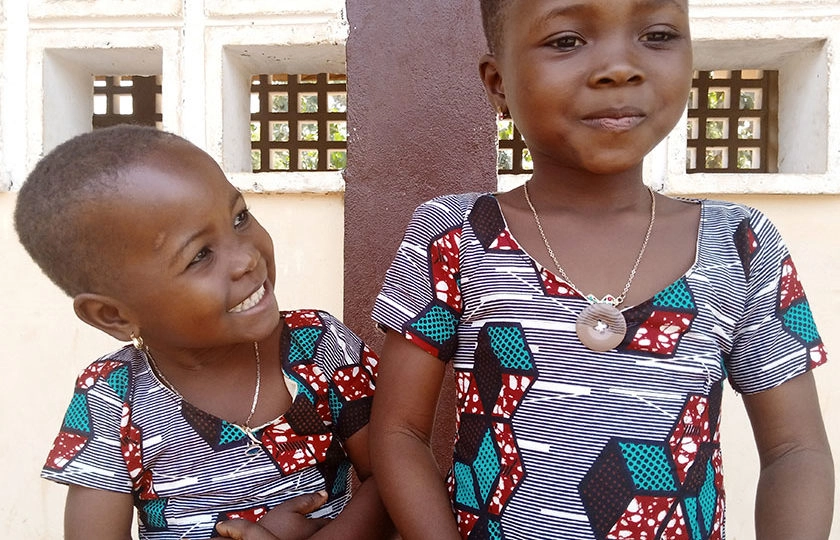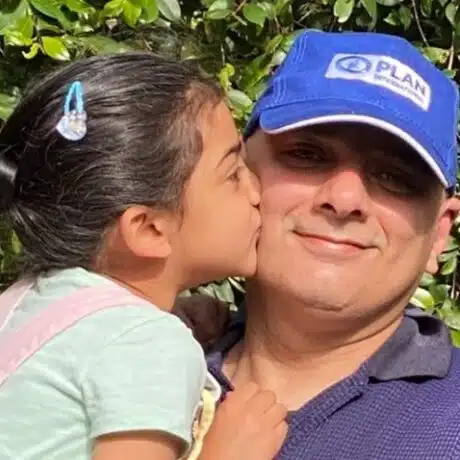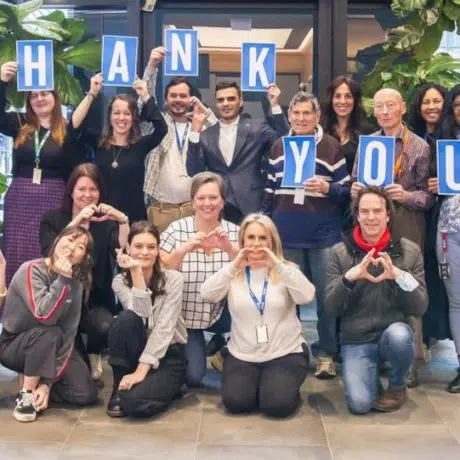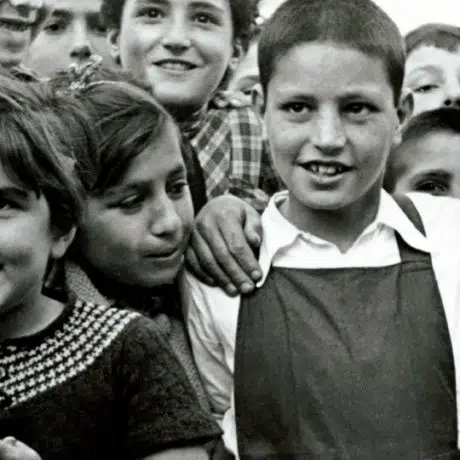News and Stories - Sponsorship - 14 January 2016
5 Things People Rarely Ask Before Sponsoring a Child but Really Should

Sponsoring a child is a popular and powerful way to help children in developing countries.
We hear so many questions when supporters are considering sponsoring a child. What country is the child from? Should I sponsor a boy or a girl? What will it cost? How much of my money will go to the child and their community?
These are all important questions, but I want to share five rarely-asked questions that are equally important.
What role does religion play in child sponsorship?
Plan International has no religious agenda.
We have no religious affiliation and we are always respectful of sponsored children’s religion. Charities that offer the opportunity to sponsor children approach religion in various ways.
Some charities support children without strings attached and are completely independent of any religious agenda. Many are inclusive and support all faiths. Some charities agree to support children without any strings attached, but their work is part of a wider religious mission. And then there are some charities that make sponsorship dependent on the children, or their families (or both), joining and remaining part of a religious group.
It is important to understand that the first two options are allowed by Australia’s peak body for aid charities, but that the final option is outside of those guidelines. You should be aware of and feel compatible with the approach of your chosen charity.
Plan International falls into the first camp: no religious agenda whatsoever.
Does child sponsorship really reduce poverty for the long term, and how?
In short, yes. And how? Child participation.
Let us explain.
Charities approach child sponsorship in different ways. Some believe children have real capabilities, and will learn best from active involvement in the projects that ultimately benefit them. They ask children what they need and respect their opinions. Projects are well tailored to what the children see as benefits. This is how, for example, Plan International works.
Some charities believe that adults will know what is best for children. They ask mainly community leaders what the children need and respond primarily to their concerns. Children benefit but do not have an active say.
As a sponsor, you may have a view about the capabilities of children. Indeed, you probably exercise that view within your own family. So you should seek out a charity that matches your perspective on the role of children.
Will the needs and aspirations of both girls, and boys, be met?
The reason for this question is that not all charities appreciate that girls and boys sometimes have different challenges and needs.
Some charities understand that girls have some different needs to boys and that boys have some different needs to girls. They build projects that cater for these differences. If they see that girls or boys are falling behind or being neglected they take steps to address this inequality.
Plan International takes this approach, particularly with our focus on helping girls unlock their potential – which we believe is a powerful way to help communities out of poverty and into prosperity.
Some charities treat all children as having the same needs. They do not see if girls or boys are falling behind nor take any action to redress inequality.
As a sponsor, you may have strong views about gender equality and you should choose a charity that is compatible with your values.
Will the community be involved, or will the charity simply deliver handouts for children?
This is an important question to ask because some charities are building a sustainable solution while others are happy to simply meet immediate needs.
Some charities – and Plan International is one of them – believe that the bigger goal is to help the community to help itself, and that includes all the children in the community. They work with the community to identify needs and find solutions that the community itself contributes to.
Some charities, meanwhile, believe that the most important thing is a direct handout for a child as soon as possible. This meets an immediate need, but may not always engage the community in finding solutions for their problems. Basically, Plan International is in this for the long-term.
Is the charity serious about measuring the long-term impact of their work for children?
This question is important because some charities are interested in results over time while other charities are satisfied with the immediate gratification of a child receiving a gift.
Some charities through experience realise that poverty is complex and the effects of an intervention should be measured carefully. Simply building a school, for example, may not mean that all children in that community end up going to school. There may be many other factors that need to be addressed to ensure all girls and boys benefit.
Because Plan International has been working with children and communities for more than 70 years, we have to come understand the importance of the long-term impact of our work – and your contribution to it.
Some charities are delighted to deliver tangible benefits like a school for children. They measure themselves on the delivery of such outputs. They are less interested in why certain children might not be in school.
Support a child, and you can transform a community.
Our child-centred, community-based approach to child sponsorship means we establish meaningful relationships with sponsored children and their families to create lasting change.





